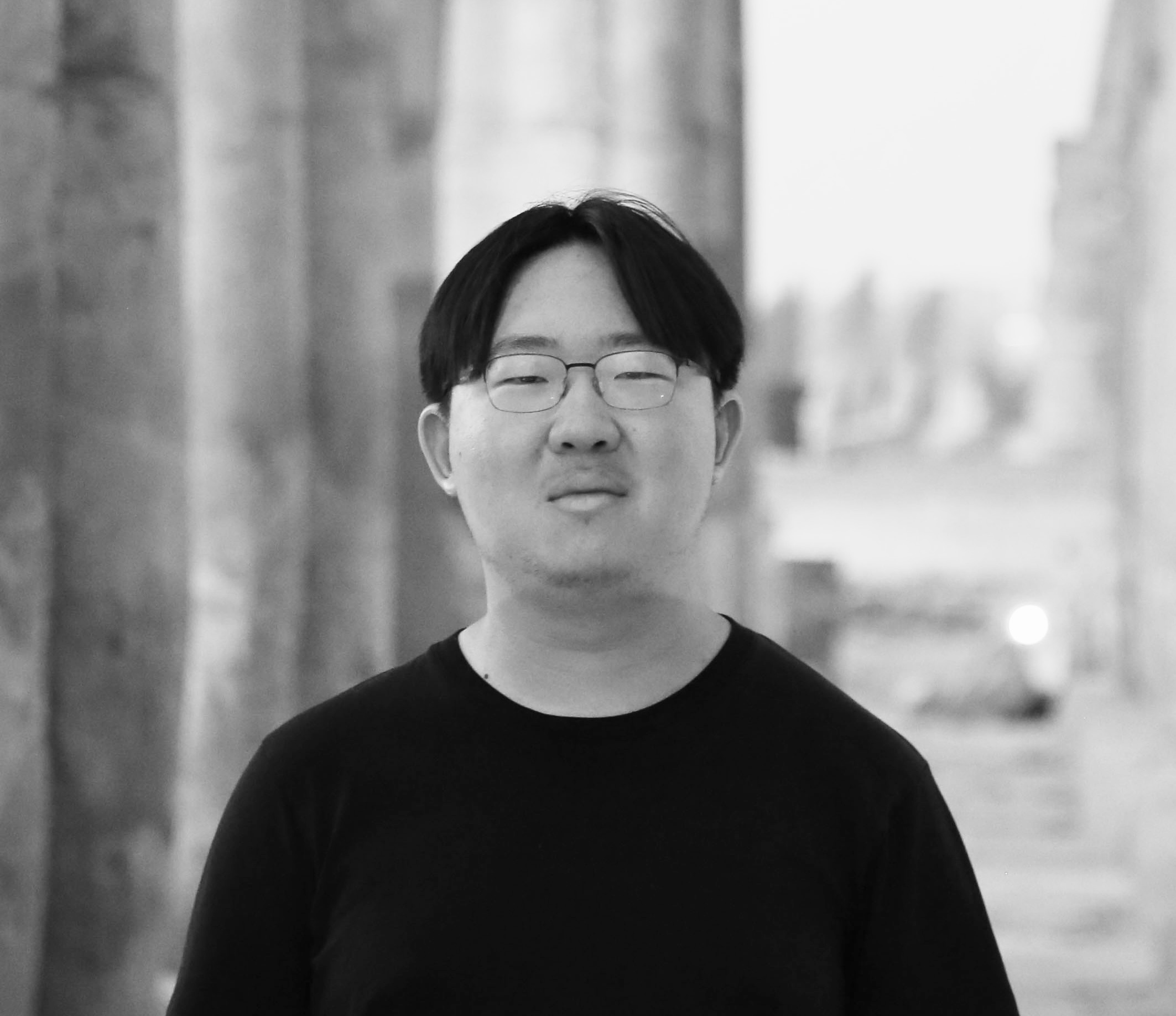“Why do I confer so much weight on the past and insist on remembering, sometimes at the expense of the present, of possibility?”
If, as Jan Łukasiewicz says, “only that part [of the past] is real which is still alive today in its effects,” 1 then remembering a moment prevents it from going out of existence.
Paul Celan was no stranger to memory’s scar. A German-speaking Jewish poet and Holocaust survivor, he wrote in the language of his parents and their murderers: “Mother, whose / hand did I clasp / when with your / words I went to / Germany?”2 It is no coincidence that I wrote “Poem for Paul Celan” (published in NER 46.2) in Korean, my native language and the language of my younger years, from whose unbearable closeness I have sought refuge by writing primarily in English. However tenuous the connection may be, I share this in common with Celan: my choice of language as a writer is interwoven with discomfort regarding my identity.
My poem describes itself when it says, “the syntax of snow.” The phrase prefigures the white space and silences that will gradually dominate its accompanying poem, “Filmstrips of Snow” (NER 46.2). It also represents a climate of the mind (climate being the way weather is arranged over time, as words are arranged in a sentence) so cold and sparse that warmth gains even more significance. Every pocket of warmth—a word, a moment—counts, as the speaker stands and inhales the cold air, “the nothing that is.”3
When he films close-ups of the snow on the ground so that each physical frame contains nothing but the color white, he obtains strips of film that vaguely resemble strands of white hair, the hair of someone aging. This image had come to me in an earlier poem about my father before developing into a sequence in eight sections, each an isolated snapshot of a memory, that is partially dreamt up but mostly autobiographical.
Each section ends with the word “snow,” as if all memories led to one vanishing point. This repetition was inspired by an exercise that Geoffrey Nutter shared with his class during the first semester of my MFA program: to imagine a future concordance of your entire body of work, then “write” all the lines containing a single word of your choice. After writing fifteen lines or so that contained “snow,” I stopped at the line that would begin the poem: “Press inwards, the regular snow no longer.”
“That no longer exists, I used to say. That does not exist, he would correct me.”4 But why is it that the past weighs so much and insists on staying? Perhaps the better question is, why do I confer so much weight on the past and insist on remembering, sometimes at the expense of the present, of possibility? Łukasiewicz writes, “We are at liberty to believe that when all the consequences of those fatal times are exhausted, even if this happened only after our death, then they too will be erased from the world of reality and pass over to the domain of possibility.” Until then, the past is my cross to bear—carried through fields of many climates, eroding but particle by particle at each moment, silently tying me down to this road, this across, that I must love.
- Jan Łukasiewicz, “On Determinism,” Selected Works (1970), L. Borkowski (ed.), (Amsterdam: North Holland), 128. ↩︎
- Paul Celan, “Wolf’s-Bean,” translated by Michael Hamburger. ↩︎
- Wallace Stevens, “The Snow Man.” ↩︎
- René Char, “Lord,” translated by Jackson Mathews, Furor and Mystery. ↩︎
Inkyoo Lee is a Korean poet and an MFA candidate at New York University, where he is a translations editor for Washington Square Review. His poems appear or are forthcoming in Image, Wildness, Antiphony, and others. He earned a BA in philosophy from University College London and attended the Kenyon Review Writers Workshop.
